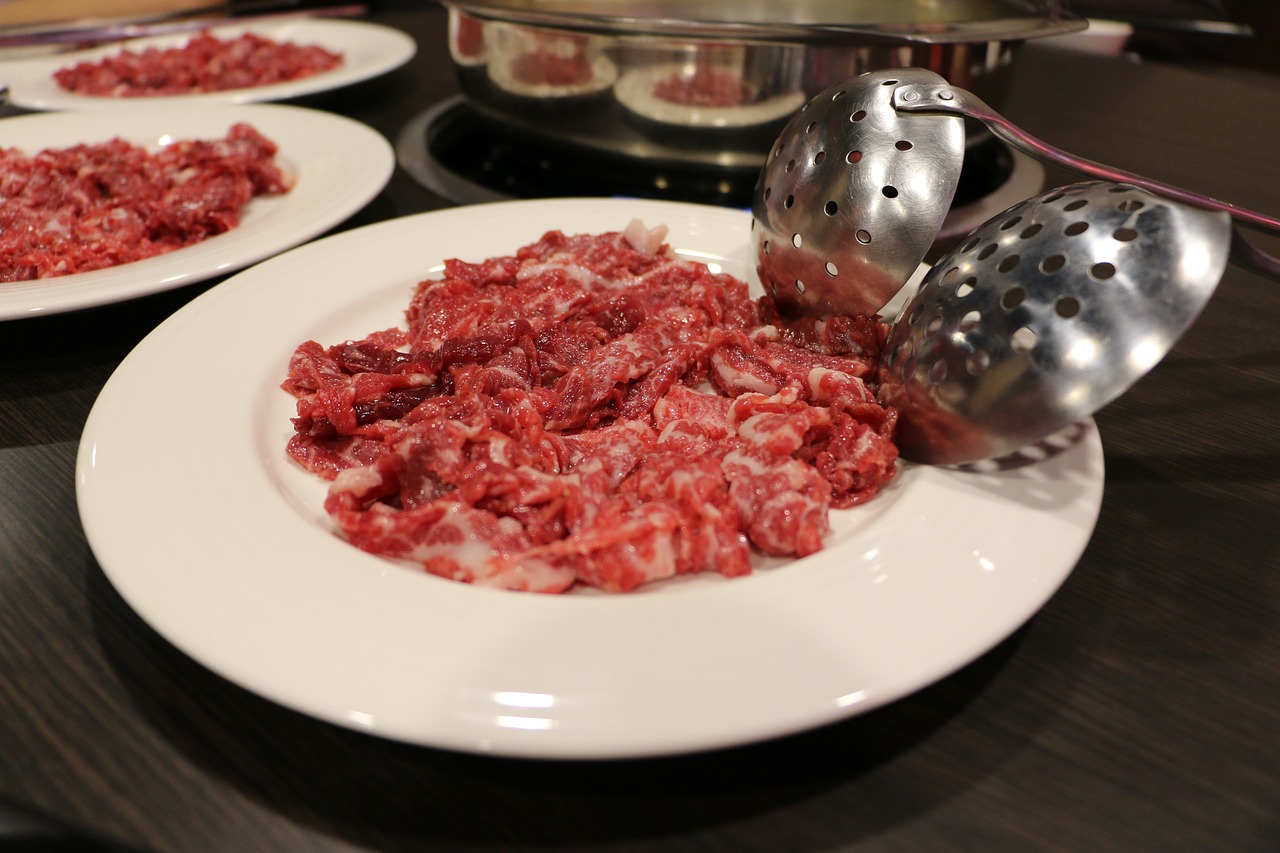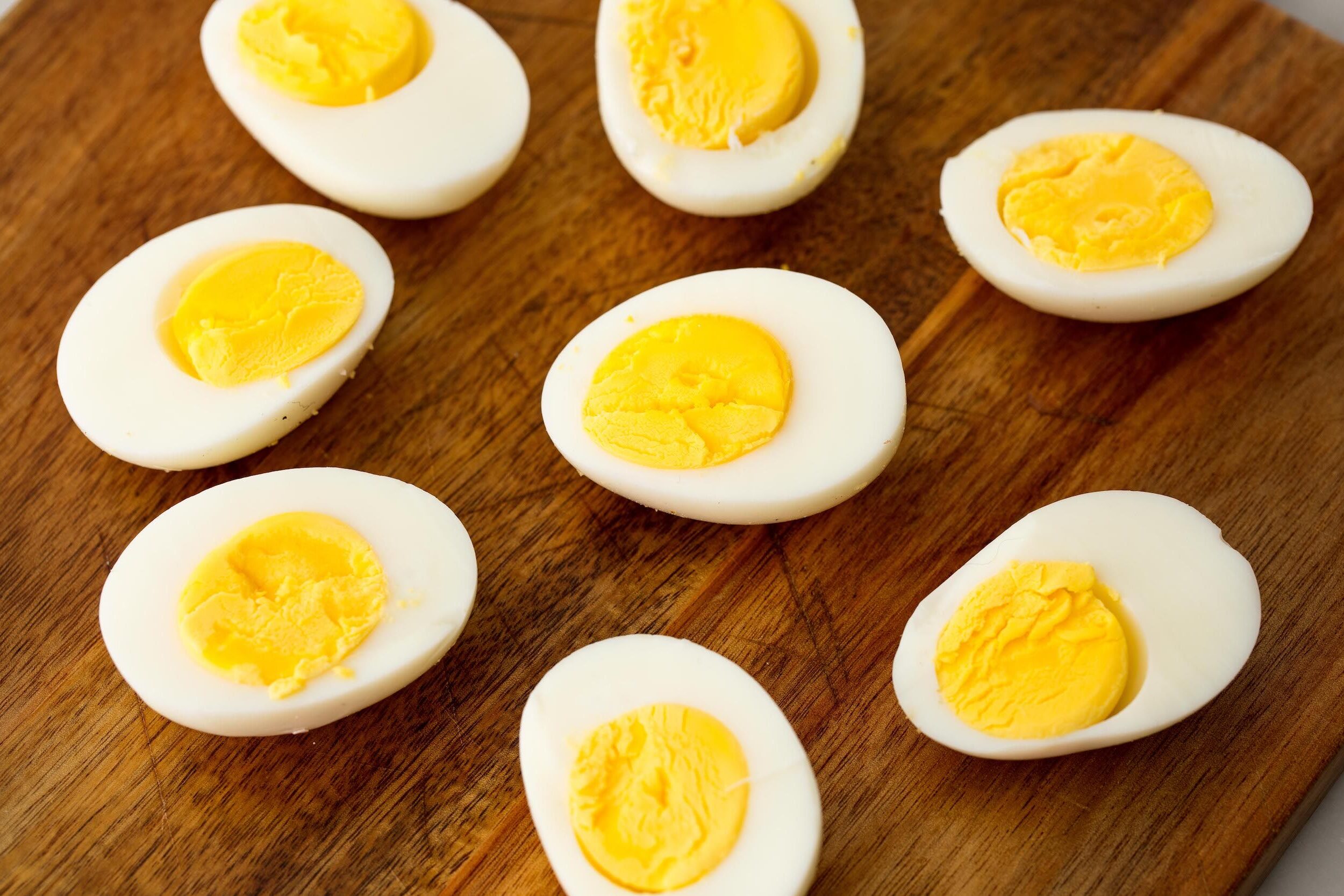During pregnancy, a woman’s nutrition is crucial for both her and her growing baby’s health. Proper fetal development and preventing complications depend on a balanced, nutritious diet. It is essential for pregnant women to consume the best foods to support their health and the health of their baby.
Therefore, in this article, we will discuss the best foods to eat during pregnancy. We will explore which fruits, vegetables, and protein-rich foods are most beneficial. Additionally, we will compare and contrast plant-based and animal-based proteins to determine the best sources of protein for individual dietary preferences and medical needs. We will also examine the vital role of healthy fats in fetal development and maternal health. Finally, we will touch on other crucial nutrients that should be incorporated into a pregnant woman’s diet.
During pregnancy, it is crucial to consume a balanced and nutritious diet in order to support proper fetal development and prevent complications. Fruits and vegetables are excellent sources of vitamins, minerals, and fiber and should be a staple in a pregnant woman’s diet. In addition, adequate protein intake is critical for fetal development and can help prevent pre-eclampsia, gestational diabetes, and preterm labor. Pregnant women should consider incorporating both plant-based and animal-based proteins into their diets.
Healthy fats are also important during pregnancy as they support fetal brain and eye development. Other important nutrients to consider include calcium, iron, and folic acid. Pregnant women should consult with their healthcare provider to ensure they are getting the proper nutrients for a healthy pregnancy.
Table 1: Examples of Foods High in Key Nutrients for Pregnancy
| Nutrient | Food Sources ||————-|——————————–|| Calcium | Dairy products, leafy greens || Iron | Red meat, spinach, beans || Folic Acid | Fortified grains, leafy greens || Vitamin C | Citrus fruits, strawberries || Vitamin D | Fatty fish, fortified milk |
In conclusion, a well-rounded diet consisting of fruits and vegetables, protein-rich foods, healthy fats, and other key nutrients is essential for a healthy pregnancy. Pregnant women should work with their healthcare provider to ensure they are getting all the necessary nutrients for a successful pregnancy and a healthy baby.
Fruits and Vegetables
During pregnancy, it is essential to consume a diet that is rich in fruits and vegetables as they provide an abundance of vitamins, minerals, and fiber. Eating fruits and vegetables can help reduce the risk of complications during pregnancy and ensure proper fetal development. The American College of Obstetricians and Gynecologists recommends that pregnant women consume at least 2.5 cups of vegetables and 2 cups of fruits every day.
Leafy greens, including spinach and kale, are excellent sources of iron, calcium, and vitamin A, which are essential for fetal development. Sweet potatoes are high in folate, a crucial nutrient during pregnancy that helps prevent birth defects. Berries, such as blueberries and strawberries, are packed with antioxidants, which help reduce inflammation and support healthy aging.
Cruciferous vegetables, such as broccoli and cauliflower, are high in vitamin C, which can aid in the absorption of iron and support the immune system. Carrots and bell peppers are high in vitamin A, which is vital for healthy vision and organ function. Eating a variety of fruits and vegetables can provide pregnant women with all the essential nutrients they need for a healthy pregnancy.
During pregnancy, it’s important to consume a variety of fruits and vegetables to ensure adequate intake of vitamins, minerals, and fiber. Dark leafy greens like kale and spinach are excellent sources of folate, a B-vitamin that helps prevent birth defects. Berries are packed with vitamin C, which promotes healthy immune function and iron absorption. Sweet potatoes and carrots are rich in vitamin A, important for fetal development. Other great options include bell peppers, broccoli, avocados, and citrus fruits.
When preparing fruits and vegetables, it’s important to wash them thoroughly to remove any harmful bacteria. Aim for a variety of colors and textures to ensure a well-rounded diet. You can also consider incorporating smoothies or salads into your meal plan to increase your intake of these essential foods.
Protein-Rich Foods
During pregnancy, protein is crucial for the development of the baby and the prevention of various complications such as pre-eclampsia, gestational diabetes, and preterm labor. Some of the best protein-rich foods to consume during pregnancy include lean meats, fish, poultry, beans and legumes, nuts and seeds, and dairy products.
It’s important to note that pregnant women should aim to consume approximately 70-100 grams of protein per day, depending on their body weight and individual needs. One way to ensure adequate protein intake is to include a source of protein with every meal and snack.
Lean meats such as chicken, turkey, and beef are excellent sources of high-quality protein. Seafood is also a great option, as it contains omega-3 fatty acids that are important for fetal brain development. Pregnant women should aim to consume at least two servings of seafood per week.
Vegetarian and vegan options, such as beans, lentils, and tofu, are also great sources of protein. Nuts and seeds, such as almonds, chia seeds, and peanut butter, can be added to meals and snacks for an extra protein boost.
In conclusion, consuming adequate protein during pregnancy is crucial for the health of both the mother and the baby. Including a variety of protein-rich foods in the diet can help ensure proper fetal development and prevent complications.
During pregnancy, consuming a balanced and nutritious diet is crucial for both the mother and the baby. Adequate nutrient intake is essential for proper fetal development and preventing complications. One of the vital food groups to focus on during pregnancy is fruits and vegetables. These are excellent sources of vitamins, minerals, and fiber that are vital for overall health and well-being. Incorporating a variety of colorful fruits and vegetables in your diet can help meet the nutrient requirements during pregnancy.
In addition to fruits and vegetables, protein-rich foods should also be incorporated into the diet. Adequate protein intake is crucial for fetal development and preventing several pregnancy-related complications. It is advised to consume both plant-based and animal-based proteins to ensure a balance of essential amino acids.
Healthy fats should also be included in the diet during pregnancy. These are essential for fetal brain development and maternal health. Additionally, several other nutrients, including iron, calcium, and folic acid, should be consumed in adequate amounts during pregnancy.
By focusing on incorporating these nutrient-dense foods in your diet, you can ensure optimal health during pregnancy.
Plant-Based Proteins vs. Animal-Based Proteins
When it comes to protein intake during pregnancy, both plant-based and animal-based proteins can provide the necessary nutrients for fetal development. However, there are some differences to consider.
Plant-based proteins, such as beans, lentils, and tofu, tend to be lower in calories and saturated fat. They also offer additional benefits such as fiber, vitamins, and minerals. Animal-based proteins, such as meat, poultry, and fish, provide important vitamins and minerals that are crucial for fetal development, such as iron and zinc.
When choosing between plant-based and animal-based proteins, it’s important to consider your dietary preferences and any medical needs. For example, if you’re a vegetarian or vegan, plant-based protein sources may be your best option. However, if you have low iron levels or are at risk for gestational diabetes, animal-based protein sources may be more beneficial.
Ultimately, it’s important to consume a variety of protein-rich foods during pregnancy, regardless of their source. Consult with a healthcare provider or registered dietitian to determine the best protein sources for your individual needs.
During pregnancy, it is essential to consume a balanced and nutritious diet that provides the necessary vitamins, minerals, and nutrients for both the mother and growing baby’s health. Fruits and vegetables are excellent sources of essential nutrients, including folate, fiber, vitamin C, and potassium. Therefore, it is recommended to consume at least five servings of fruits and vegetables per day.
In addition to fruits and vegetables, protein-rich foods are also crucial during pregnancy. Adequate protein intake can help prevent various complications, including pre-eclampsia, gestational diabetes, and preterm labor. Pregnant women are advised to consume a variety of protein-rich foods, including lean meats, poultry, fish, beans, peas, eggs, nuts, and seeds.
It is also important to consume healthy fats during pregnancy as they are crucial for both fetal development and maternal health. Foods such as avocados, nuts, seeds, olive oil, and fatty fish are excellent sources of healthy fats.
Apart from these essential nutrients, pregnant women should also consider incorporating foods high in iron, calcium, and vitamin D into their diets. Iron-rich foods include red meat, poultry, fish, beans, and fortified cereals. Dairy products such as milk, cheese, and yogurt are excellent sources of calcium, while vitamin D can be obtained from fatty fish, egg yolks, and fortified foods such as milk and cereal.
In summary, a well-balanced and nutritious diet that includes a variety of fruits, vegetables, protein-rich foods, healthy fats, and other essential nutrients is vital during pregnancy. Consult with a healthcare provider for personalized dietary recommendations during pregnancy.
Healthy Fats
During pregnancy, healthy fats play an important role in fetal development and maternal health. Omega-3 fatty acids, in particular, are essential for the baby’s brain and vision development. The best sources of omega-3s are fatty fish such as salmon, sardines, and tuna. However, some fish contain high levels of mercury, which can harm the developing fetus. Therefore, it’s important to consume fish in moderation and opt for low-mercury options.
Plant-based sources of omega-3s include chia seeds, flaxseeds, and walnuts. These can easily be incorporated into meals, such as adding chia seeds to smoothies or topping salads with walnuts.
Other healthy fats to consider during pregnancy include monounsaturated and polyunsaturated fats, found in foods such as avocados, nuts, and olive oil. These fats can improve cholesterol levels and reduce the risk of heart disease.
It’s important to note that while healthy fats are vital during pregnancy, they should still be consumed in moderation as they are calorie-dense. A balanced diet with a variety of nutrient-dense foods is key to a healthy pregnancy.
During pregnancy, consuming a variety of fruits and vegetables is essential to ensure adequate intake of vitamins, minerals, and fiber. Aim for at least five servings per day of different colored fruits and vegetables to get the full range of nutrients. Some excellent choices include spinach, kale, carrots, sweet potatoes, berries, oranges, and avocados.
- Spinach and kale are high in folic acid, which is essential for fetal development.
- Carrots and sweet potatoes are excellent sources of vitamin A, which promotes healthy vision and skin.
- Berries are rich in vitamin C, which boosts the immune system and supports iron absorption.
- Oranges are packed with vitamin C and fiber, which aids in digestion.
- Avocados are a good source of healthy fats, which are essential for brain and heart development in the fetus.
Other Nutrients to Consider
During pregnancy, there are several nutrients besides the obvious ones that need to be considered. Calcium is essential for building strong bones and teeth in the developing baby. Good sources of calcium include dairy products, leafy green vegetables, and fortified foods such as orange juice and tofu. Iron is necessary for producing red blood cells that carry oxygen to the baby. Pregnant women need more iron to keep up with the increased blood volume. Iron-rich foods include red meat, poultry, fish, beans, and fortified cereals.
Omega-3 fatty acids are crucial for fetal brain and eye development. Foods high in omega-3s include fatty fish, flaxseed, chia seeds, and walnuts. Folic acid is essential for neural tube development, which occurs in the first few weeks of pregnancy. Foods rich in folic acid include leafy green vegetables, citrus fruits, fortified cereals, and beans.
In conclusion, having a balanced and nutritious diet during pregnancy is crucial for the health of both the mother and the baby. Along with the foods mentioned in this article, incorporating these additional nutrients will ensure a healthy pregnancy and proper fetal development. Consult with a healthcare professional for personalized dietary recommendations during pregnancy.
Eating a variety of fruits and vegetables is vital during pregnancy. They are rich in vitamins, minerals, and fiber that are crucial for fetal development and overall maternal health. Some examples of the best fruits and vegetables to consume during pregnancy include leafy greens, such as spinach and kale, citrus fruits like oranges and grapefruits, berries, such as blueberries and strawberries, and cruciferous vegetables, such as broccoli and cauliflower. It’s important to consume both raw and cooked fruits and vegetables to take advantage of their full nutrient content. Additionally, staying hydrated by drinking plenty of water and juice is essential for a healthy pregnancy.









